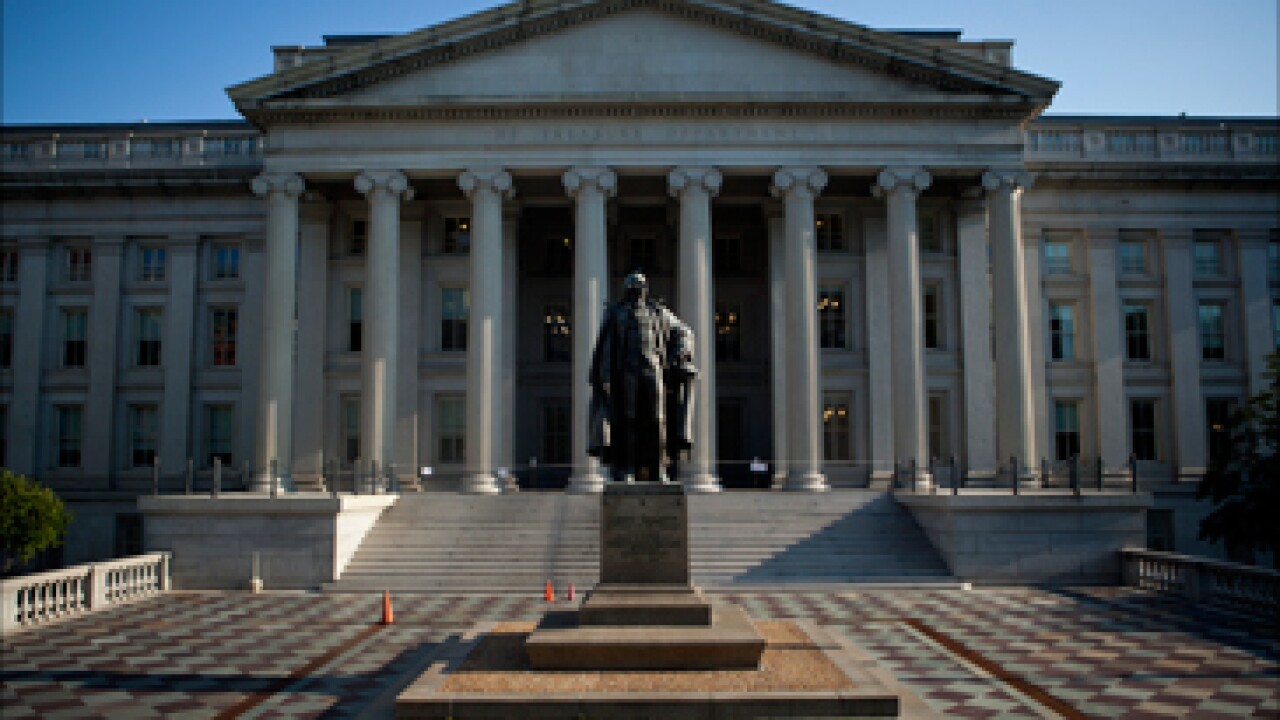
American families are facing a crisis:
Beyond the tragic loss of life and its devastating impact on families, the opioid crisis puts enormous strain on an already overburdened health system, driving up overall health care costs. For example, opioid use was associated with more than 66 million emergency and 760,000 inpatient admissions resulting in an estimated cost of $95.4 billion or 7.9% of all hospital expenditures. Plus, these patients averaged 32.5% higher cost per emergency room visit and 8% higher cost for in-patient visit,
While there is some debate about the cause of this epidemic, it is clear how criminal networks exploit the use of complex legal vehicles through shell companies to facilitate money laundering and drug trafficking, including dangerous opioids like fentanyl.
But there are positive developments to help uncover these complex legal arrangements: An amendment proposed by Montana Sen. Steve Daines to this year's National Defense Authorization Act, or NDAA, can help.
The scale of global financial crimes can be difficult to grasp or even believe. According to
Criminal organizations continue to take advantage of the secrecy around beneficial ownership information, or BOI, data, hiding behind complex, geographically dispersed business structures and front companies. The criminals facilitating these illicit financial flows are getting away with it, too. By obscuring ownership structures, criminals can shield the identities of those who reap financial reward from companies and protect the shell companies they use as fronts to smuggle drugs and weapons.
As part of U.S.–China counter narcotic cooperation,
New rules from Treasury's Financial Crimes Enforcement Network will mandate reporting for non-financed real estate transfers and expand anti-money-laundering requirements for investment advisors.
Such crime is not limited to border states like Texas or New Mexico.
To protect Americans and help prevent these types of crimes, global companies need the ability to vet supply chains and ownership structures that span countries, languages and regulatory regimes. However, the CTA's strict restrictions on access to critical BOI data could come with unintended, and potentially dire, consequences. Screening companies is on the front lines of the battle against money laundering, playing a crucial role in performing due diligence for financial institutions and businesses. Access to Financial Crimes Enforcement Network's BOI registry would equip them to share crucial, enhanced intelligence with financial institutions, which is necessary to peel back the layers of opaque company structures, and ultimately make the U.S. safer.
Senator Daines' proposed amendment would allow screening companies who are in the business of helping financial institutions comply with anti-money-laundering/know-your-customer obligations apply for a license to access Fincen's BOI registry. Expanded access would in turn help reduce the flow of deadly drugs that devastate families and place ever increasing financial burdens on Americans.






